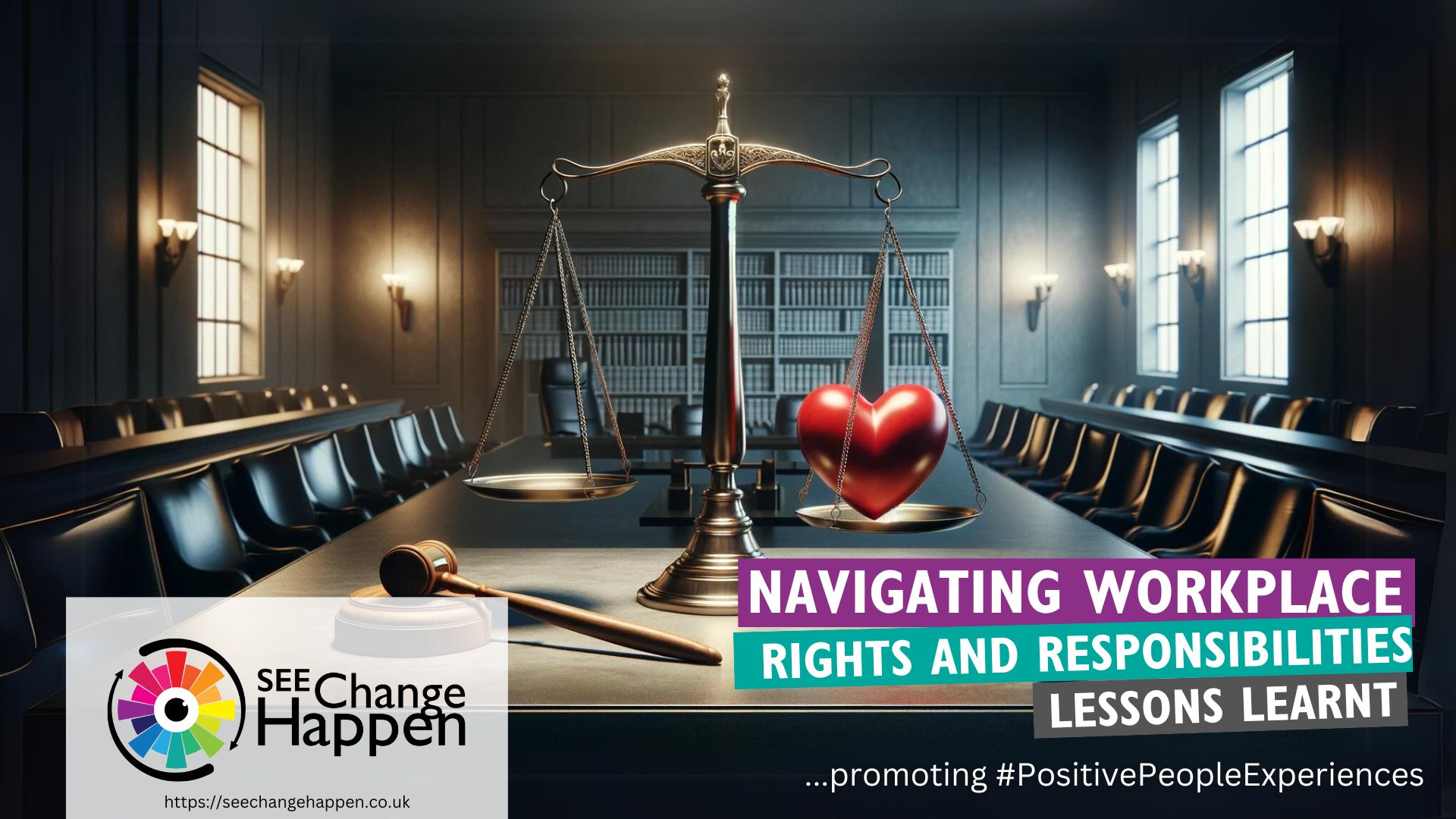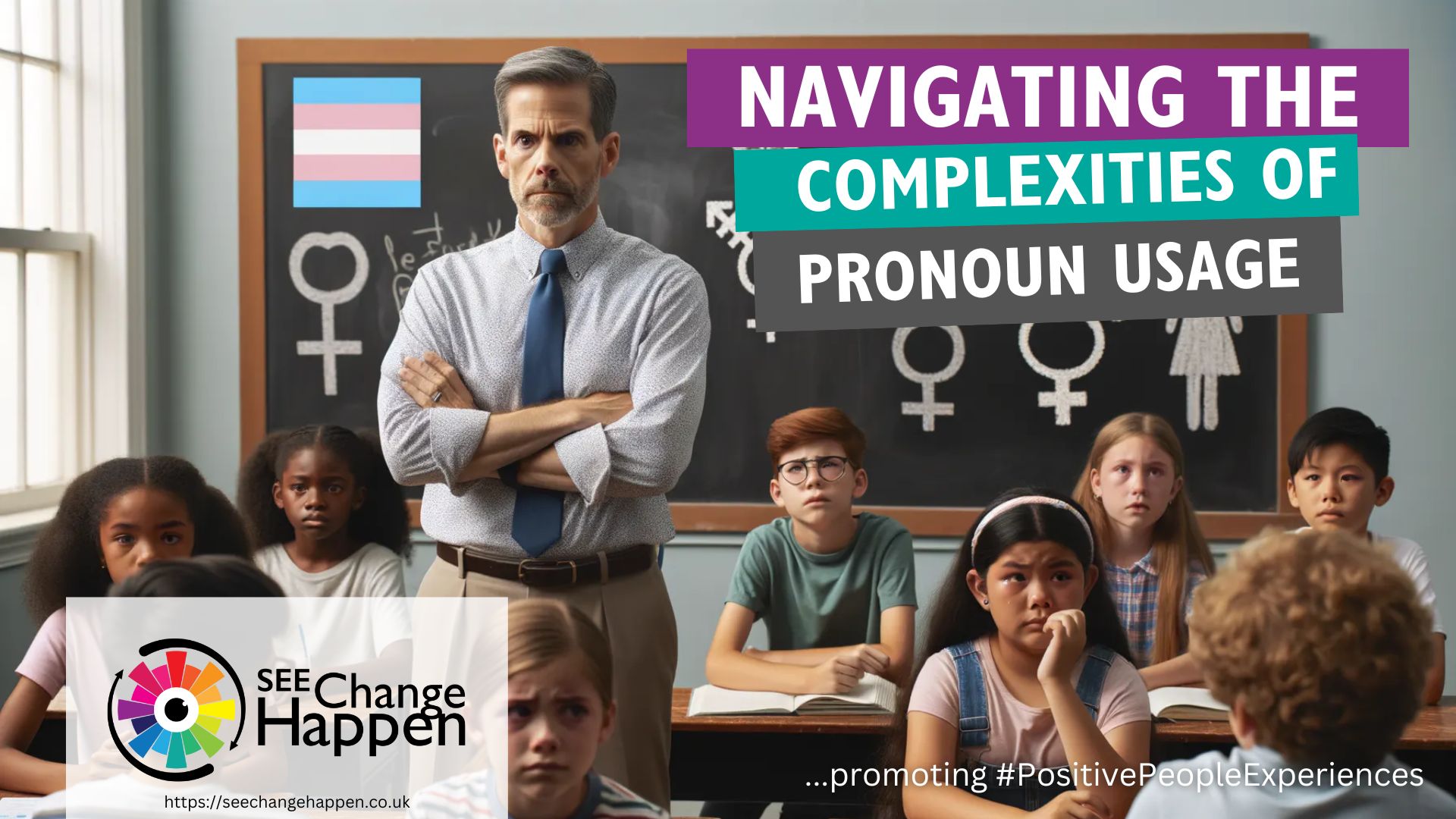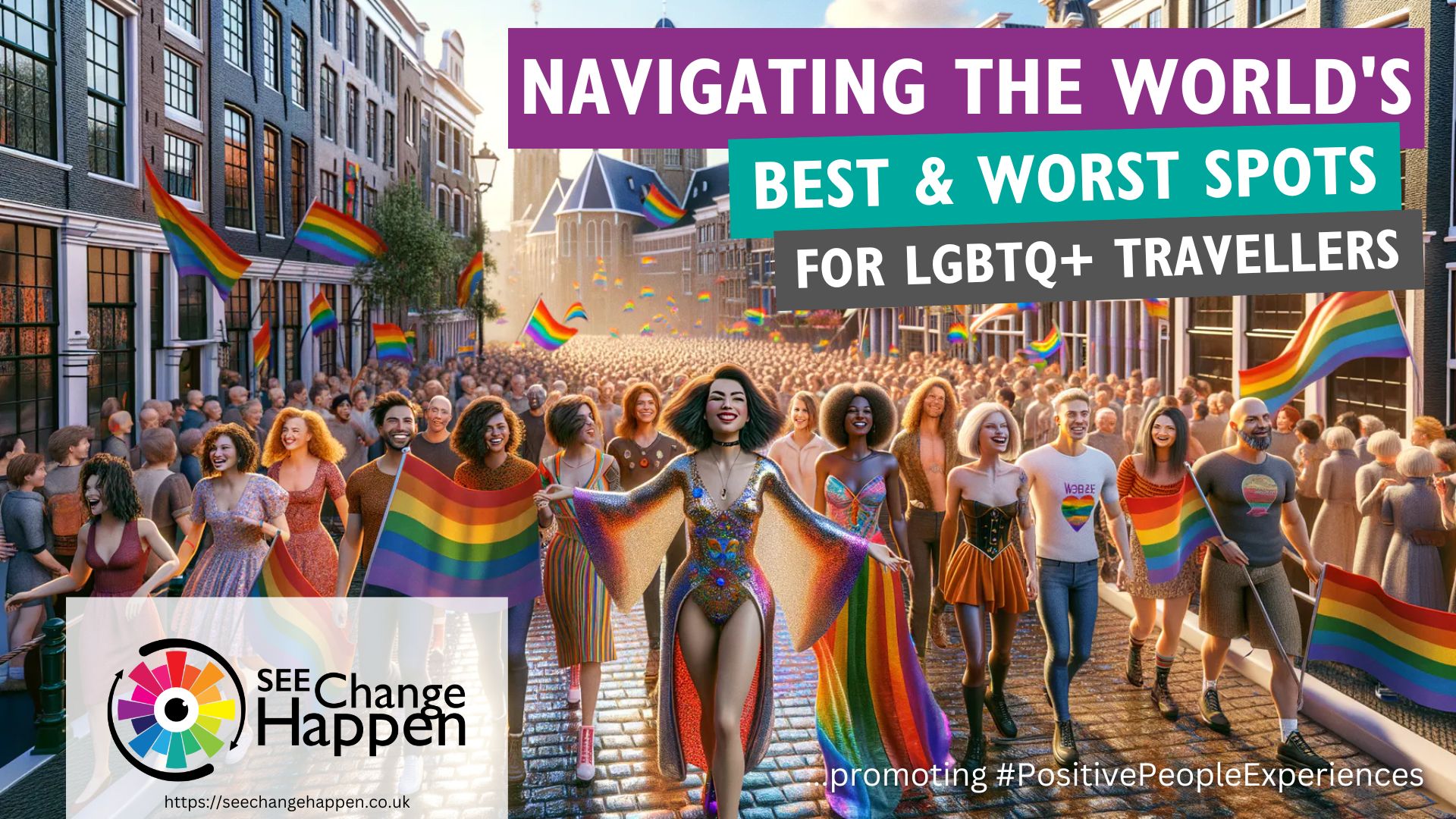
Difficult Conversations: When LGBTQIA+ and Faith Collide
Many LGBTQIA+ people of faith face a difficult dilemma. How can we be true to ourselves both as LGBTQIA+ individuals and as people of faith? What happens if some of our faith group’s beliefs clash with our sexuality/gender? This can lead to some tense and difficult conversations with friends, family, and co-workers.
Navigating these talks can be tricky, but there are a few things you can do to make them more manageable. It is possible to come out on the other side with everyone feeling respected.
Interfaith Dialogue: Religion and LGBTQIA+
For many people, religion is a source of comfort and community. For others, it can be a source of oppression and bigotry. Religion and LGBTQIA+ identities have often been judged as contradictory. The LGBTQIA+ community has long been marginalised by religious institutions, and many members of the community have experienced discrimination, hatred, exclusion, and even violence.
However, there are also many religious organisations that are LGBTQIA+ inclusive and affirming. In recent years, there has been an increase in dialogue about how religion and LGBTQIA+ identities can coexist.
For some people, this dialogue is an opportunity to learn and grow. For others, it is a reminder of the ways that religion has been abused to harm the LGBTQIA+ community. Ultimately, the dialogue around religion and LGBTQIA+ identities is an important step in creating a more inclusive world for all.
How can we begin to have these difficult conversations with people who hold different beliefs than ours? While it is important to talk about LGBTQIA+ rights, even with people who may not be supportive, it is also necessary to do so in a way that is respectful and constructive.
Preparing for difficult conversations
Mental preparation is perhaps the most important step. Think about what you want to say and how you want to say it. By being well prepared, you can increase the chances of having a productive conversation about LGBTQIA+ rights and religion.
- Get a clear idea of what you would like to accomplish. Do you want your family to accept your ‘new’ identity? Do you want to continue attending the same services without experiencing bigotry?
- What part of your faith supports your identity? For example, “God is love.” It may help to research this if nothing immediately comes to mind. You may find that the essence of your religion differs from what your immediate community is telling you.
- This might be the time to examine your own beliefs. Ask yourself “what is it that I truly believe?” “Why do I believe it?” These kinds of deep, personal questions can help you navigate the beliefs of others and understand their motivations.
- It may be that you already know the challenges that you will face, the scripture that will be quoted, etc. If not, do some research online about the most common religious challenges to LGBTQIA+ issues.
- Know your responses. Write them out, perhaps rehearse them.
- Keep a list of resources at hand to help educate if needed.
- Lean on any supportive people you have, let them know what you are planning, and talk it through. Online forums are also a good place to use as a sounding board.
- If possible, find out whether there are LGBTQIA+ friendly groups or communities of your faith path, and get in touch with them. They will be happy to support you.
- Know that however, this conversation goes, you still have people who love you, and have your back.
Having the conversation
It is important to remember that you have a right to your own beliefs and opinions. You do not have to change who you are or what you believe in order to have a productive conversation.
That said, it is key to remain respectful of the other person’s beliefs, even if you do not agree with them. It is possible to have a calm, rational discussion without resorting to name-calling or insults.
Try to approach the conversation with empathy. There are many reasons why the other person might hold on to bigoted religious beliefs. It may be that they have learned to fear LGBTQIA+ through their upbringing or through constant negative discourse. They may have simply adopted a certain way of thinking in order to fit in with their community.
Good dialogue often starts with a deep understanding of the other party, their challenges, and barriers. It’s not about telling them they are wrong, but about opening them up to new ways of thinking.
Here are a few tips you can try
- Try starting from a place of love. Every religion understands love in its own way.
- It may be difficult but listen to everything the other person is saying. Interruptions are often the cause of discussions breaking down into arguments. By remaining calm and patient, you are expressing that you value their point of view. Even if you don’t agree with them.
- If your dialogue partner interrupts you, ask them politely to let you finish and continue with your statement.
- Try to connect with them in a way they understand. Would sharing personal stories and experiences help? How do/did things make you feel? Speak in the first person when you talk about your own experiences.
- Another way is to provide facts and statistics that can help to educate people about the challenges that LGBTQIA+ people face.
- If you are insulted or accosted, end the conversation and walk away. You, too, have the right to be treated with respect.
What to do when difficult conversations don’t go well
Don’t be put off from having difficult conversations, even if you suspect a negative outcome. These discussions are often an important step, , both for LGBTQIA+ people of faith who stand up for their identity, and for their dialogue partners who may have their rigid beliefs challenged for the first time.
If the backlash makes you realise that your faith group will never welcome you as you are, it may be time to search for a more inclusive community. Painful as such a decision may be, it also opens the door to the experience of sharing faith in a way that honours your identity.
There are many resources and organisations available to assist in supporting these conversations, and in handling any negative aftermath.
In the UK, The Faith & Belief Forum holds an Interfaith Network for LGBTQ+ (https://faithbeliefforum.org/programme/lgbtfaith/), as well as training to support LGBTQ+ people of faith in the workplace.
The Proud Trust also has a directory of LGBTQ+ faith organisations that can support the individual being affected by intolerant beliefs. (https://www.theproudtrust.org/young-people/faith-and-religion/lgbt-faith-groups/), as does Stonewall (https://www.stonewall.org.uk/resources-lgbt-people-faith).
Ultimately, the goal is to create understanding and build bridges between people of all backgrounds and beliefs. With a little effort, it is possible to find faith communities that provide a supportive and affirming environment for all.
Stay part of the conversation
Sign up for our newsletter to gain access to more Diversity and Inclusion resources straight to your inbox.
Sass Adams (she/they) is the Social Media Manager for SEE Change Happen and soon-to-be Interfaith Minister.
They can be reached via https://seechangehappen.co.uk





